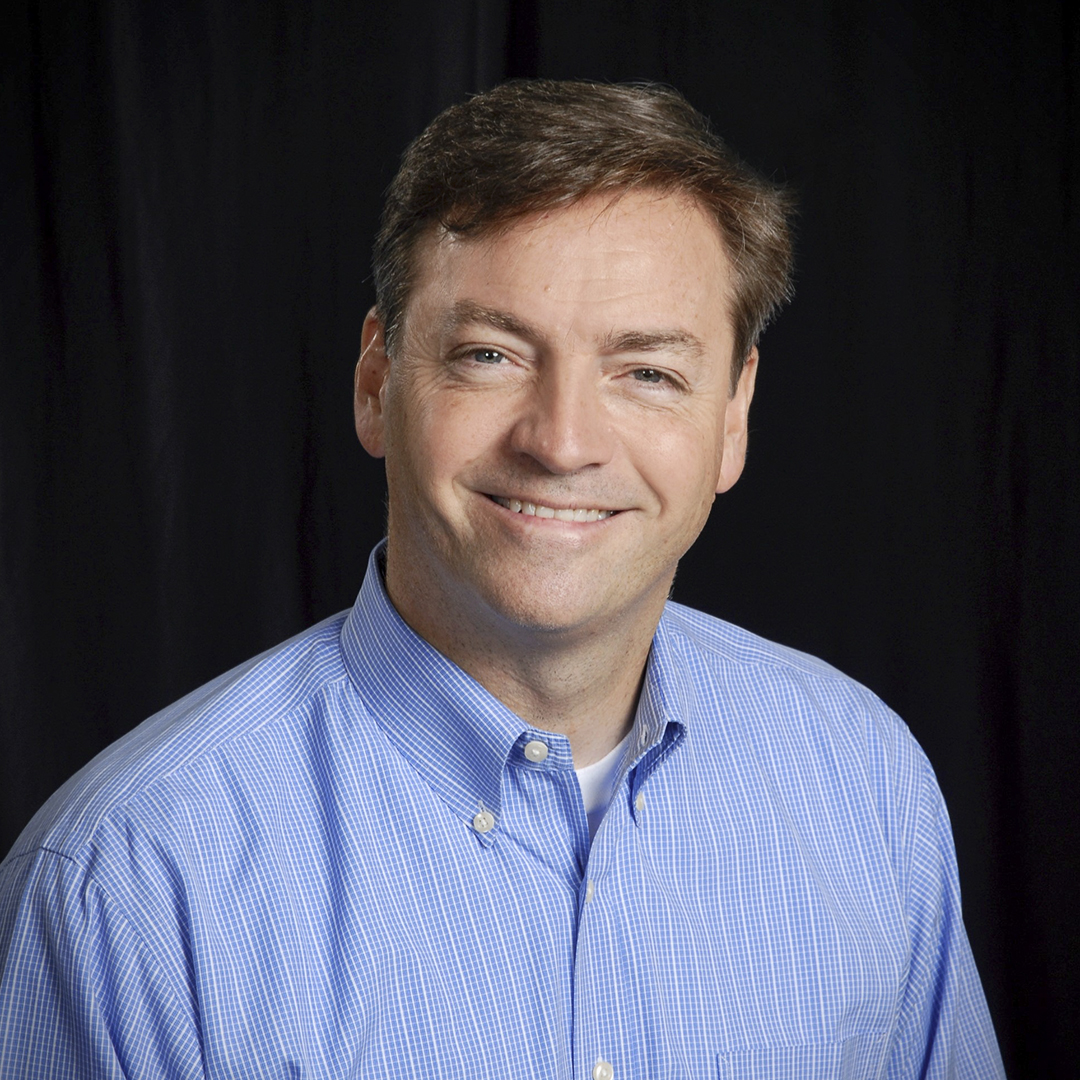|
Getting your Trinity Audio player ready...
|
Lew Chavez has spent thirty-three years building. He’s created support organizations for well over a dozen companies, building out extensive customer success teams before that idea ever became relevant.

“I’ve always been very customer support-centric,” Chavez explains. “I look at these things as a way to not only satisfy the customer but also to help grow the business by selling more as a result of exceeding customer expectations.”
From customer success to outsourcing to automation, Chavez has consistently challenged himself to grow in new directions, finding innovative ways to save companies’ resources while maintaining quality service.
Chavez has a love for learning that keeps him up-to-date on the latest methods and motivates him to share his knowledge as widely as possible. “I’ve always been energetic and inherently curious,” he says. “I’ve seen others my age ride off into the sunset to larger companies where they can just earn a good living and with less exposure. There is nothing wrong with that, but I’m not that guy. I want to be in a start-up or a company that acts like one. This requires a bit of risk.”
Chavez says he loves coming into an organization to quickly make real and effective change. “Because I have learned a lot in the business from a handful of great leaders, there is often a lot of low-hanging fruit for me to make big and effective changes,” Chavez says. “There are cookie-cutter approaches that can often be applied in a very short amount of time, and then I can focus on the rest. I get to be a hero for however long those changes take to get implemented. The real success comes from the people you surround yourself with, though, and I’ve been very fortunate to have great people challenging me every day and helping me.”
“I want to be in a start-up or a company that acts like one.”
As a rule, Chavez is intent on putting himself out of work. He comes, he builds, he leaves. “After a few years, I never really know if it makes sense for me to stay or not,” he says, laughing.
But there’s an exception to every rule: the support expert spent nearly a decade at Riverbed Technology, getting several promotions and eventually leading around one hundred people.
“The main reason I stayed as long as I did at Riverbed was the opportunities management threw my way,” he says. “I was hired to formalize their critical account organization. After a year and a half, I became director of Americas technical support.” Chavez was later promoted to VP of Americas support, where he brought in an advance support organization with high-tiered dedicated resources that supported federal and enterprise accounts.
Family History
Lew Chavez takes great pride in his family. His parents met in the picking fields where they both picked apricots in what would become Silicon Valley; they taught Chavez the value of a strong work ethic and eventually went on to successful careers of their own.
And Chavez’s ancestors are famous, in a way: they’re featured in historian Bob Alexander’s book, Lawmen, Outlaws, and S.O.B.s: Gunfighters of the Old Southwest. Chapter ten, titled “Clutching a Canteen Containing Blood: The Fighting Lopez Family,” details how Chavez’s extended Lopez family members in Las Cruces, New Mexico, were part of the US Cavalry and became US Marshals.
In his final year at Riverbed, Chavez was asked to split the Americas TAC organization into two regions to get leadership closer to the customers. He then built a brand-new customer care organization and brought in their first tier one outsource group in Chennai, India. “The concept was to take away those less complex cases that our tier three organization was handling,” Chavez explains. “Thirty-five percent of their volume was removed so they could concentrate on giving better support to our customers at a higher level.” When the project was completed, he headed out for good.
Chavez has spent the last year at Nexa as the general manager for their high-tech business unit. They offer their clients US-based outsourced resources that provide tier zero support. Customer service representatives handle the low-end volume, which allows companies to take a lower cost approach to growing while allowing their badged employees to concentrate on the more complex issues.
Chavez is convinced that outsourcing can be beneficial to organizations of all sizes. “I’m very interested in helping to set up an organization with AI front-end processing as well as an outsourced tier zero organization that will eventually transfer to a badged member of the organization once that interaction needs to take place,” Chavez says. “It has the potential to save so much money and allow employees to focus on more meaningful work. Instead of making constant renewal calls, bots can do so up until the point of payment.” But while he enjoys his time at Nexa, he’s looking down the road at building a start-up or enterprise company into a global delivery organization. “That is my true calling,” he says.
At present, Chavez is in contact with those looking for a leader who can develop an efficient team that delivers the best customer service. That could be with a fleet of delivery trucks or an investment firm. At Riverbed, he was an intricate part of the team that won JD Power and Associates’ An Outstanding Customer Service Experience award three years in a row. In other words, building an efficient team is a task familiar to him.
“I think there’s a missing link that I can help fill,” Chavez explains. “For every customer—I don’t care how big they are—a vendor should verify that the customer is onboarded correctly and on time. A lot of times what you find after a sale is made is that these expensive products wind up being doorstops because no one has taken the time to show them how to use the product successfully.”
Related Links

